The Significance of the Islamic New Year
The Islamic New Year, also known as the Hijri New Year, commemorates the migration (Hijra) of Prophet Muhammad from Mecca to Medina. This pivotal event, which occurred in 622 CE, established the first Islamic community and marked the beginning of the Islamic lunar calendar. Muharram, the first month of this calendar, holds deep religious significance for Muslims around the world. Each year, the first day of Muharram marks the Islamic New Year, a time for reflection, prayer, and community.
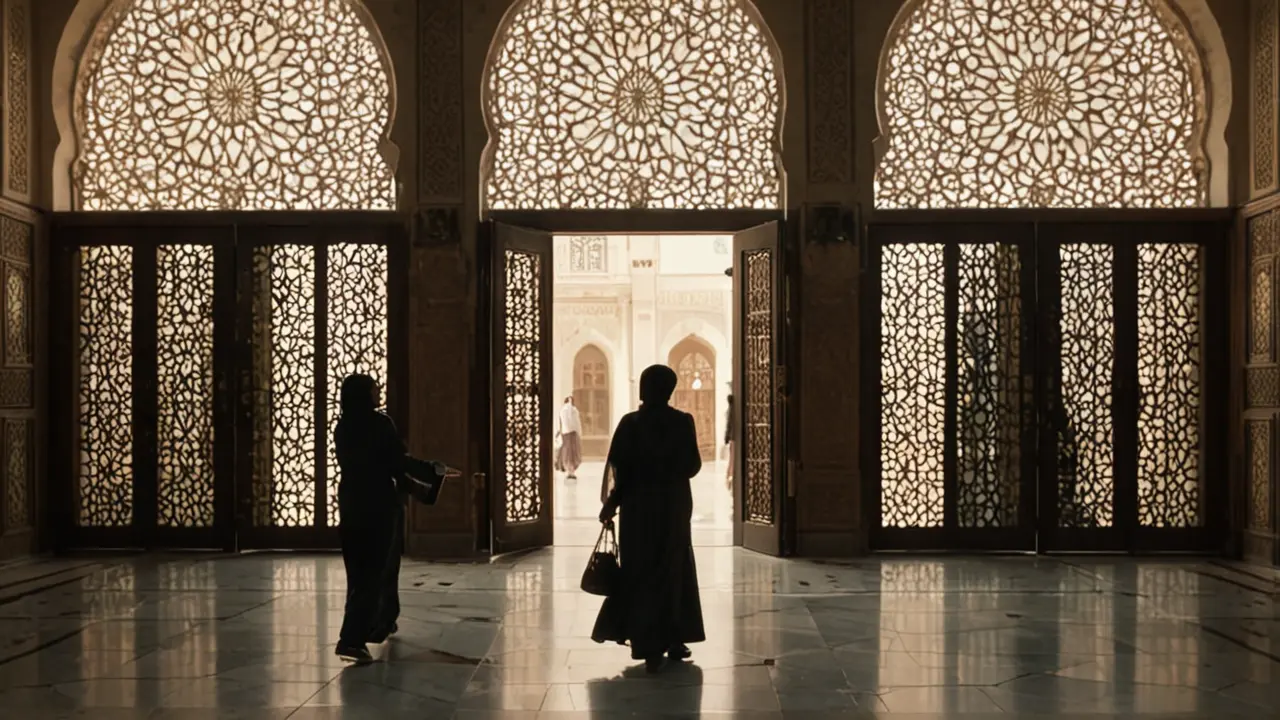
Global Observances and Traditions
This year, the Islamic New Year falls on Sunday, July 7. Over two billion Muslims worldwide observe this sacred day, yet the celebrations and practices vary significantly based on regional customs and cultural traditions.
Saudi Arabia
As the birthplace of Islam, Saudi Arabia marks the Hijri New Year with solemnity and religious reflection. The day is observed mostly through private worship and prayer. Many Saudis spend the day reciting the Quran and reflecting on its teachings. The emphasis is on spiritual cleansing and starting the new year with a renewed commitment to faith.
Indonesia
Indonesia, home to the largest Muslim population, recognizes the Islamic New Year as a public holiday. The day is filled with a mix of religious observances and cultural performances. Mosques hold special prayers and sermons, highlighting the lessons from Prophet Muhammad's migration. In many areas, there's a festive atmosphere with traditional music, dances, and community feasts. Educational programs often take place, aiming to deepen the understanding of the day’s significance among the younger generation.
Minority Muslim Countries
In countries where Muslims are a minority, such as the United States, Canada, and the UK, the Islamic New Year is a time for community and learning. Islamic centers and mosques may organize special programs that include not only prayers and sermons but also educational events. Families often gather together, and many take the opportunity to teach children about their heritage and the importance of the Hijra. Despite being a minority, Muslims in these countries strive to keep their traditions alive through communal activities and shared religious practices.
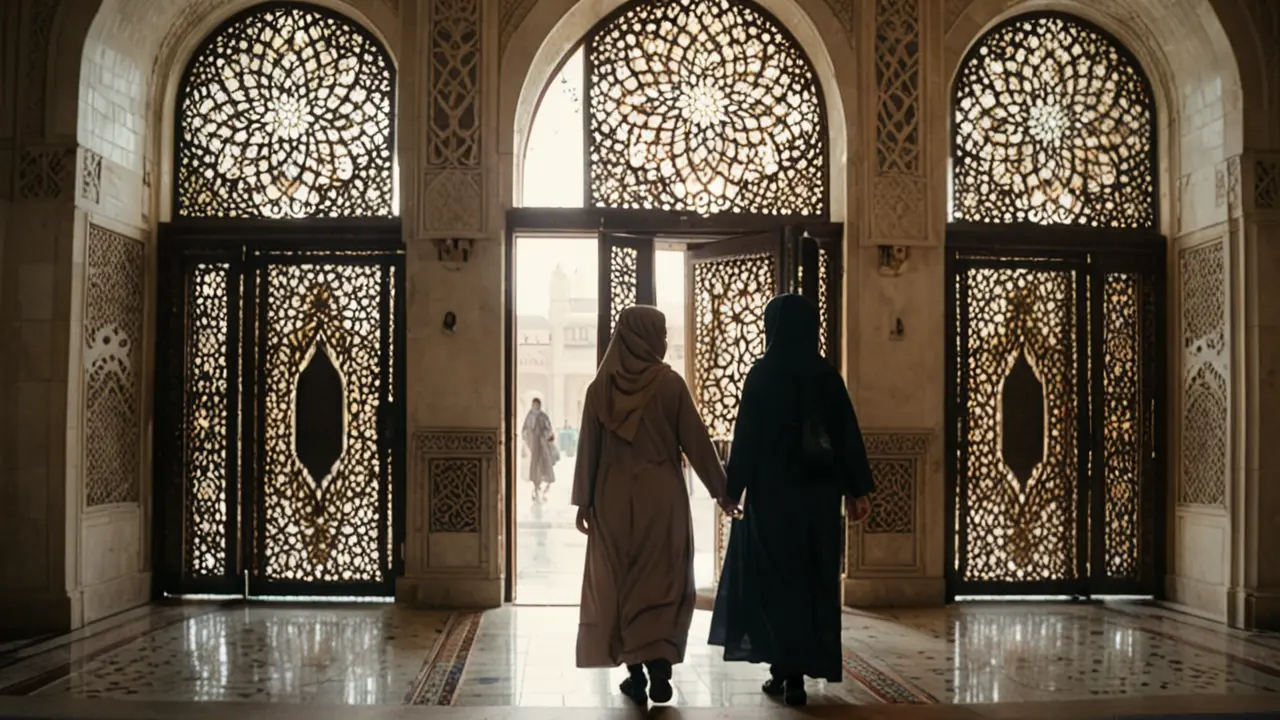
Common Practices During the Islamic New Year
Across the Muslim world, some shared practices mark the Hijri New Year. Attending special prayers at the mosque is a common tradition. Religious leaders deliver sermons that reflect on the prophet's journey and the significance of this historical event. This time of reflection encourages Muslims to renew their dedication to faith and to seek guidance and blessings from the almighty.
Reading and reciting verses from the Quran is another common practice. Many believe that doing so brings blessings and guidance for the new year. Some Muslims also choose to fast on this day and on the 10th day of Muharram, known as the Day of Ashura. While fasting is not obligatory like during Ramadan, it is a highly recommended practice that signifies purification and devotion.
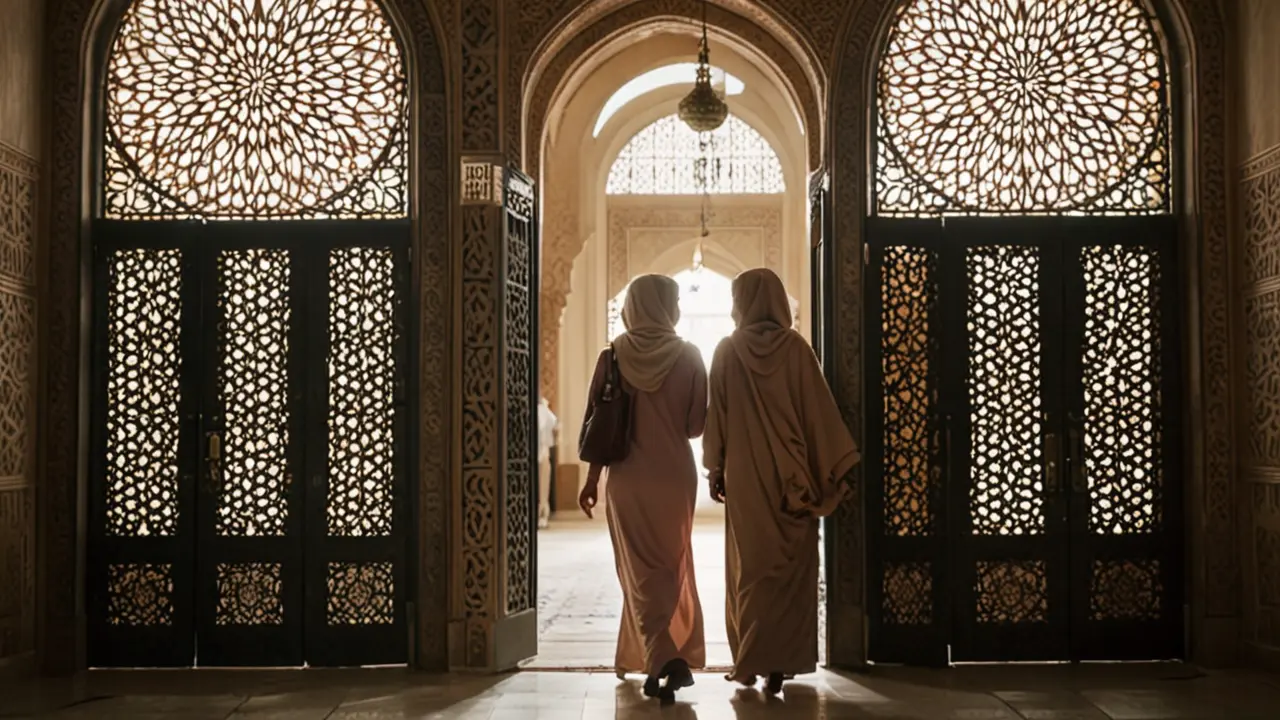
Reflection and Community
The Islamic New Year, though not as widely celebrated as Eid al-Fitr or Eid al-Adha, holds a special place in the hearts of Muslims. It is a time for reflection, a renewal of spiritual commitment, and an opportunity to come together as a community. Whether through quiet prayer or communal gatherings, the essence of the Hijri New Year remains rooted in the profound journey of Prophet Muhammad and the enduring legacy of his faith.
The Islamic New Year reminds believers of the importance of perseverance, faith, and community. As Muslims around the world observe this day, they not only commemorate a pivotal historical event but also look forward to a year filled with spiritual growth and communal harmony. The diversity in celebrations across different cultures showcases the richness of the Islamic tradition and the unity of its followers worldwide.



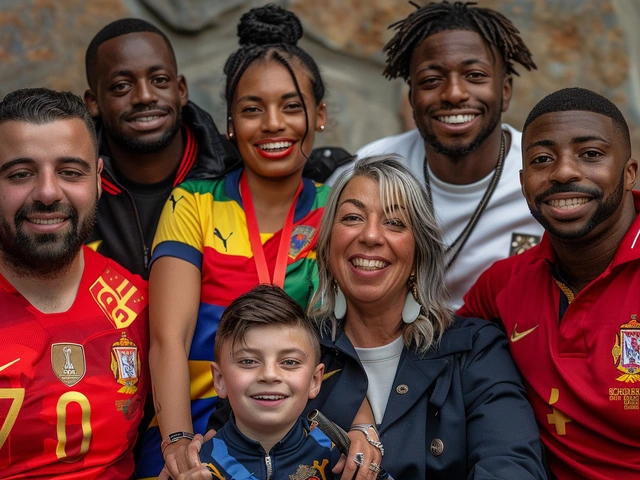



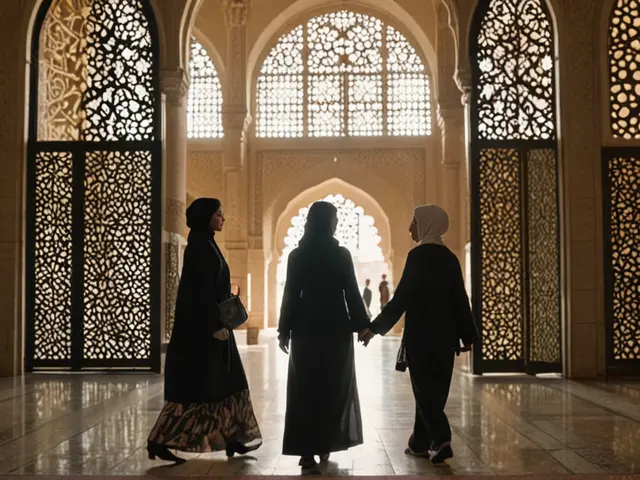
Prakashchander Bhatt
July 7, 2024 AT 22:29It's great to see how Muharram brings people together across continents. Whether you're in Saudi Arabia reflecting quietly or in Indonesia joining community feasts, the spirit of renewal shines through. This reminder to start the year with fresh intentions can really boost our personal growth. Let's keep sharing these beautiful traditions so everyone feels included.
Mala Strahle
July 19, 2024 AT 02:10The passage of time, marked by the turning of the lunar calendar, offers a mirror in which humanity can contemplate its collective journey.
When the Prophet migrated, he not only changed geography but also set a precedent for purposeful displacement in the pursuit of communal values.
In this vein, Muharram serves as a quiet checkpoint, inviting each believer to examine the motives that guide daily actions.
The ritual of Qur'an recitation becomes more than a mere reading; it transforms into a dialogic encounter between the individual soul and the divine narrative.
As families gather, the shared meals echo the ancient practice of breaking bread together, reinforcing the social contract that binds the ummah.
One can observe how different cultures infuse local music and dance, yet the underlying intention remains a universal yearning for spiritual alignment.
The solemnity observed in Saudi Arabia reminds us that contemplation need not be loud to be profound.
Meanwhile, the festive atmosphere in Indonesia illustrates that joy and reverence can coexist without contradiction.
In minority contexts such as the United States, the act of teaching children about the Hijra becomes an act of cultural preservation against assimilation pressures.
Each sermon delivered at the mosque is a vessel carrying ethical lessons that transcend the temporal boundaries of the year.
The fast on the 10th of Muharram, known as Ashura, offers an embodied practice of self‑discipline, echoing the larger theme of purification.
Moreover, the communal prayers foster a sense of accountability, where personal aspirations are subtly aligned with the collective well‑being.
By reflecting on perseverance, faith, and community, believers are reminded that history is not a static backdrop but an active guide.
This active engagement with tradition nurtures a dynamic spirituality that can adapt to modern challenges while honoring its roots.
Ultimately, the Islamic New Year stands as a testament to the enduring capacity of faith to renew itself, stitching together past narratives with future hopes.
shubham garg
July 30, 2024 AT 05:52Yo, happy Hijri New Year! Let’s kick off with some good vibes and maybe a quick Qur'an verse before the day’s hustle.
LEO MOTTA ESCRITOR
August 10, 2024 AT 09:33Starting the year with quiet reflection can set a tone of gratitude that carries you through the months. Think about how the Hijra was a leap of faith, and let that inspire your own steps forward.
Sonia Singh
August 21, 2024 AT 13:15I love how each region adds its own flavor-music in Indonesia, calm prayer in Saudi. It shows that unity doesn’t erase diversity, it celebrates it.
Ashutosh Bilange
September 1, 2024 AT 16:56Honestly, most people treat Muharram like an after‑party to Ramadan. No one talks about the real depth, just vibes and food. Gotta dig deeper, folks.
Kaushal Skngh
September 12, 2024 AT 20:38Nice overview, but could've used more on regional cuisines.
Harshit Gupta
September 24, 2024 AT 00:19Look, giving a quick shout‑out to the Hijra isn’t “shallow.” It’s the backbone of our identity, and saying otherwise borders on cultural erasure. Respect the tradition, don’t reduce it to a meme.
HarDeep Randhawa
October 5, 2024 AT 04:01Wow!!! You really think a single sentence can capture centuries???!!! Think about the layers, the histories, the sacrifices!!!
Nivedita Shukla
October 16, 2024 AT 07:42When we skim the surface, we miss the soul of the celebration. The quiet prayers in the desert echo the thunder of distant drums in Jakarta. Each tear shed during Ashura carries a story of resilience, not just a ritual. It’s a dance between sorrow and hope, a choreography only the faithful truly understand. So, let’s not settle for “nice overview,” but dive into the heartbeats behind each tradition.
Rahul Chavhan
October 27, 2024 AT 10:24Did you know the new moon sighting for Muharram is still done by local committees in many countries? It adds a personal touch to the global calendar.
Joseph Prakash
November 7, 2024 AT 14:05Love how everyone shares their own customs 😊 it’s awesome to see the world united in faith 🌙
Arun 3D Creators
November 18, 2024 AT 17:47That deep dive feels like a pilgrimage for the mind but remember the heart beats louder than words we write it’s about feeling the migration not just analyzing it
RAVINDRA HARBALA
November 29, 2024 AT 21:28The analysis is overly poetic and neglects practical aspects such as how communities organize the day‑to‑day events. A factual breakdown would serve readers better.